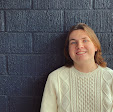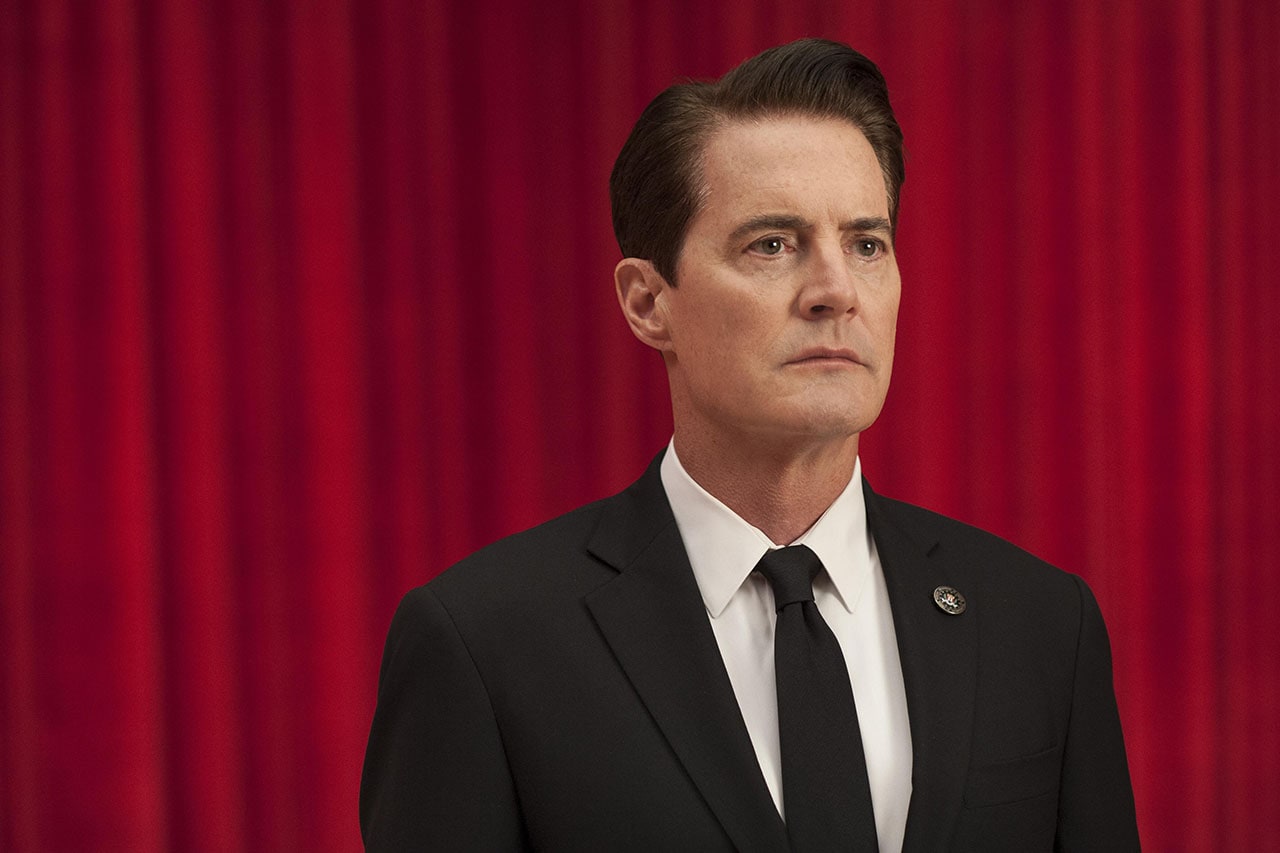TV Review: "Twin Peaks: The Return"
Disclaimer: This review contains major spoilers for the original Twin Peaks and minor spoilers for Twin Peaks: The Return.
The original Twin Peaks, created by Mark Frost and David Lynch, is one of the most beloved and iconic television series of all time, despite only running for 30 episodes on ABC in 1990 and 1991. Heavily influenced by daytime soap operas, it featured several hallmarks of that genre: a sleepy town, an ensemble of wacky characters, an ongoing mystery, and the illicit and adulterous underside of the facade of a wholesome American small town. Of course it was also more that, and as the series went on it became more of a supernatural exploration of good and evil, but the soapy trappings gave the series a shape and a structure. The highly anticipated revival miniseries, now airing on Showtime, eschews shape and structure altogether in favor a more puzzling, maddening creation.
 Ever since Dallas started the trend back in 2012, many continuations of old shows have sprung up, among them Arrested Development, Gilmore Girls, and soon Will & Grace and Roseanne. These shows cash in on nostalgia for the old show, as a way to tell new stories in an already-established world. While this trend is what made Twin Peaks: The Return possible in the first place, it was clearly not the intention of Frost and Lynch to pick up where they left off in 1991. The new show is almost nothing like the old show in story, tone, or form. This time, the melodrama has been completely excised. Large portions of the first four episodes are taken up by characters we have never seen before, and very little of it actually takes place in the town of Twin Peaks. Perhaps it is not fair to judge the series based on what I personally wanted it to be, but it seems Lynch is fully aware that people were expecting a return of the old show, as short scenes with familiar characters like Dr. Jacoby (Russ Tamblyn) and Shelly Johnson (Madchen Amick) are interspersed throughout the first few episodes. This subversion of audience expectations is classic Lynch, but whether it's to the benefit of the series remains to be seen.
Ever since Dallas started the trend back in 2012, many continuations of old shows have sprung up, among them Arrested Development, Gilmore Girls, and soon Will & Grace and Roseanne. These shows cash in on nostalgia for the old show, as a way to tell new stories in an already-established world. While this trend is what made Twin Peaks: The Return possible in the first place, it was clearly not the intention of Frost and Lynch to pick up where they left off in 1991. The new show is almost nothing like the old show in story, tone, or form. This time, the melodrama has been completely excised. Large portions of the first four episodes are taken up by characters we have never seen before, and very little of it actually takes place in the town of Twin Peaks. Perhaps it is not fair to judge the series based on what I personally wanted it to be, but it seems Lynch is fully aware that people were expecting a return of the old show, as short scenes with familiar characters like Dr. Jacoby (Russ Tamblyn) and Shelly Johnson (Madchen Amick) are interspersed throughout the first few episodes. This subversion of audience expectations is classic Lynch, but whether it's to the benefit of the series remains to be seen.
I will not give away too much of the plot of the new show, not because I want you all to watch it unspoiled, but rather I do not think I could describe much of what happens. To say this show is confusing is an understatement. The original Twin Peaks ended on a great cliffhanger, with Agent Dale Cooper (Kyle MacLachlan) trapped in the Black Lodge and his doppelgänger possessed by the evil spirit BOB returning to Twin Peaks. Laura Palmer (Sheryl Lee) coyly tells Cooper "I'll see you in 25 years". 26 years later, Laura returns to tell Cooper he can leave, but his doppelgänger is still out there. There is also stuff about a mysterious box in New York and a murder investigation in South Dakota, and a couple other subplots whose relevance is unclear. Lynch is not the type of director who ties together loose ends or answers half of the questions the audience has. It is fully possible that several of the mysteries introduced in the first four episodes will not even be mentioned in the remaining twelve.
I don't mean to say that the original was perfect and this is garbage. The second season of the original series is far from perfect, as pressure from the network caused the reveal of Laura Palmer's killer to be rushed (although the imperfect prequel movie Fire Walk with Me did fill in some of the blanks regarding that storyline), and the episodes that immediate follow that resolution are pretty terrible. The last six or so episodes of the season quicken the pace and things pick up quite a bit, culminating in a stunning finale. One of the main flaws of the original is that it has a bunch of talented actors given interesting characters but no story and were hardly ever seen. Among the shortchanged were Amick's Shelly, Audrey Horne (Sherilyn Fenn), Ed Hurley (Everett McGill), and Norma Jennings (Peggy Lipton). The revival seems to have no desire to rectify past injustices, as Amick (who is also fantastic on the Twin Peaks-inspired Riverdale) is the only one make an appearance thus far, and that was just a cameo.
Some enjoyment can be derived from the new series if you like celebrity cameos. The first four episodes rival any Muppet movie for most number of unnecessary but still welcome guest appearances. So far the guests have included Ashley Judd, Matthew Lillard, socialite Cornelia Guest, Jennifer Jason Leigh, Michael Cera (doing a bizarre Marlon Brando impression), and Naomi Watts. One part of the new series that was genuinely terrific was the phone conversations between two classic Peaks characters; Hawk (Michael Horse) and Margaret, the Log Lady (Catherine E. Coulson) , especially poignant because the scenes were filmed shortly before Coulson's 2015 death.
I will continue to watch Twin Peaks: The Return, which airs through September, fully expecting none of my questions to be answered. Even if the experience of watching strange other worlds and abstract, incomprehensible images can be extremely challenging at times, I am taking it as a 2017 variation on the themes explored so richly on the original series. Not a continuation exactly, more like a complementary viewing experience.
What do you think of Twin Peaks: The Return? Let me know in the comments below!


Comments
Post a Comment
Leave a comment!